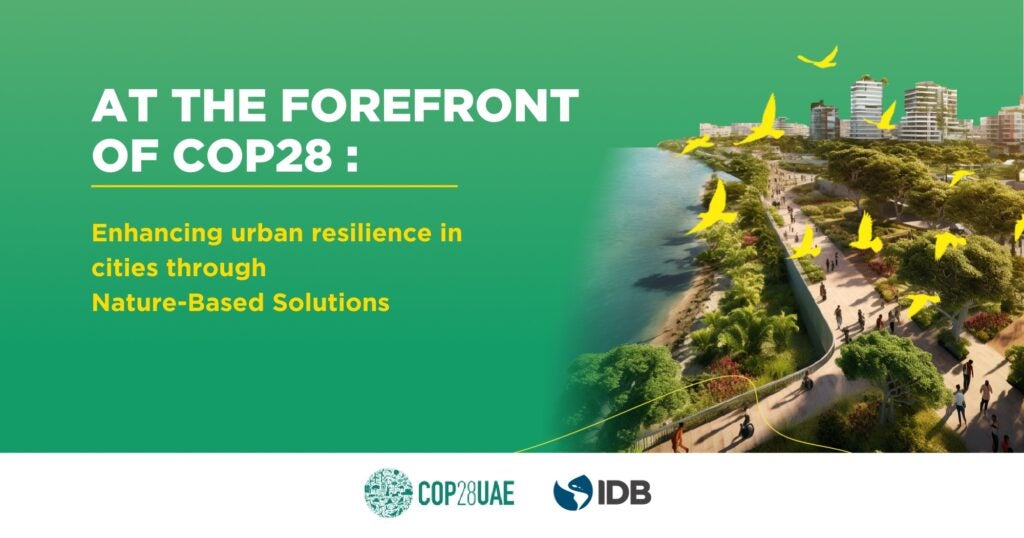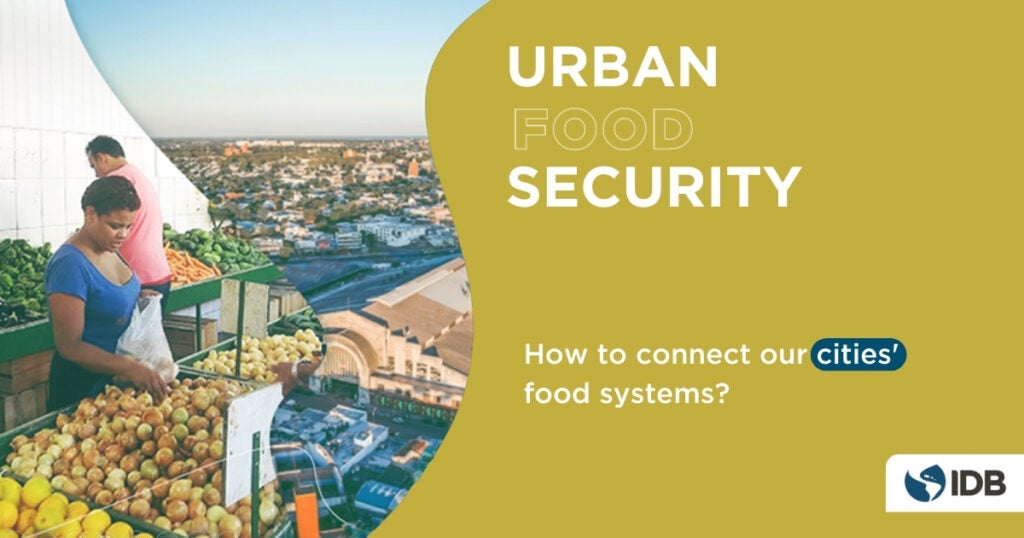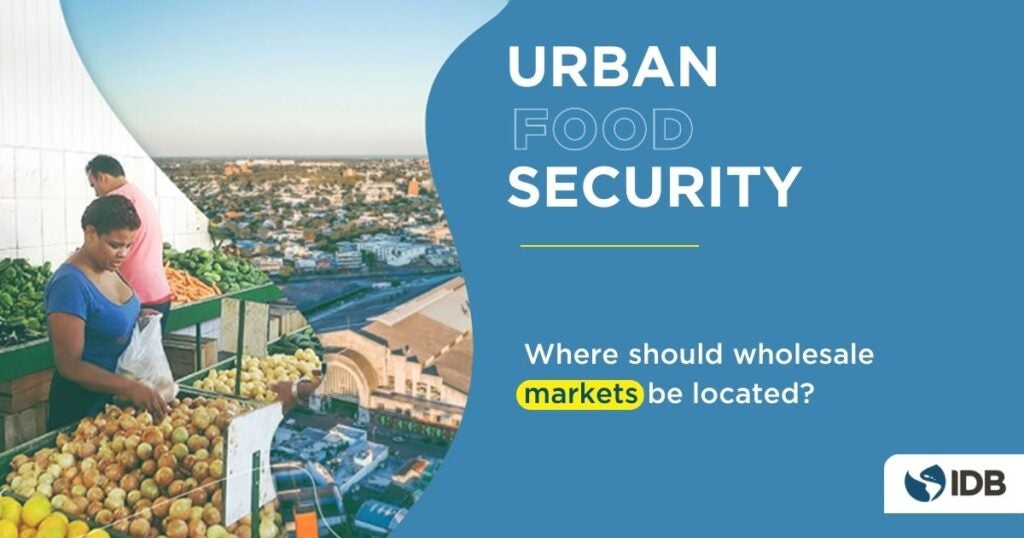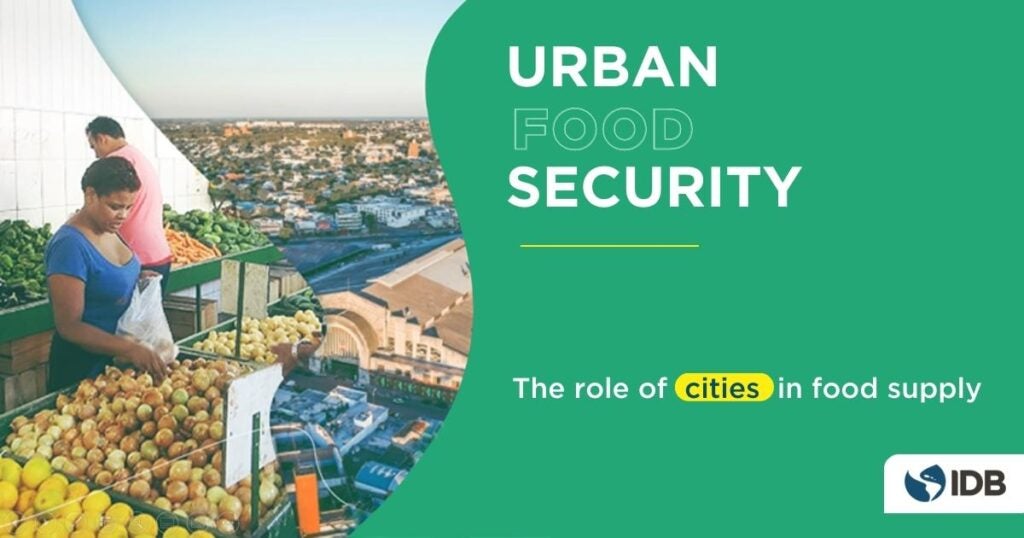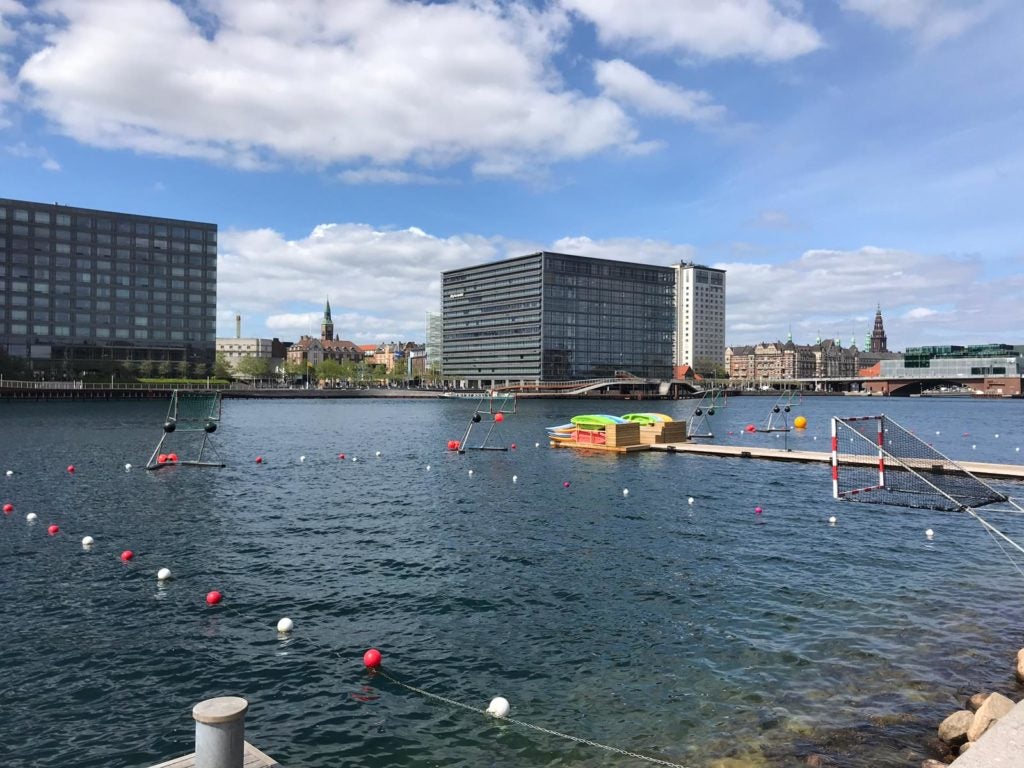World leaders are closing their meetings today at COP28 in Dubai with the aim to increase the climate ambition and action of all countries, and to accelerate the transition to a low-carbon and resilient future. There is no doubt that COP28 has been a crucial conference for the global response to climate change. It has an opportunity to review the progress made since the … [Read more...] about At the forefront of COP28: enhancing urban resilience in cities through Nature-Based Solutions
Urban Food Security: How to connect our cities’ food systems?
Have you ever thought about the path that food follows from the farm to the market? This is known as the food supply and distribution system, and is composed of six stages: origin, transformation, storage/conservation, transport-distribution, sale and consumption. Cities play a leading role in most of them, so their planning and management are vitally important elements for … [Read more...] about Urban Food Security: How to connect our cities’ food systems?
Urban Food Security: where should wholesale markets be located?
Markets have been, since their creation, the epicenter of city life. They are places where goods are exchanged, where people meet, but above all, they are the places that make food security possible in our cities. Markets, as we know them today, date back to the 19th century. They are the result of the predominant urban planning ideas of that period, which advocated … [Read more...] about Urban Food Security: where should wholesale markets be located?
Urban food security: the role of cities in food supply
Have you ever wondered what cities can do to facilitate food security for their inhabitants? Cities are susceptible to disruptions in transportation, distribution and supply chains, which can quickly lead to food shortages. By proactively addressing food security, from planning to investments to health policies, cities can anticipate distribution flows, develop contingency … [Read more...] about Urban food security: the role of cities in food supply
Public space for all: what makes Copenhagen the city for the people?
Copenhagen is considered one of the cities with the highest standards of quality of life. The Municipality has an Office responsible for promoting the public life of the city where the human dimension and social conditions are its main priorities. Starting in 1960, public strategies and policies around people’s welfare and quality of life began to be integrated into local … [Read more...] about Public space for all: what makes Copenhagen the city for the people?

